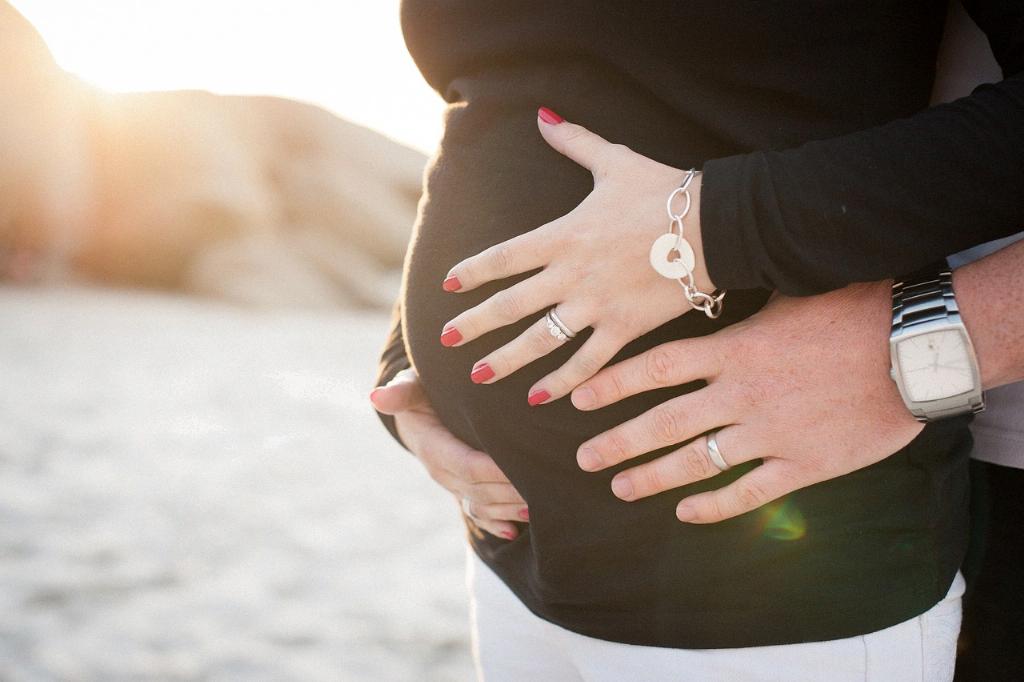As you embark on the journey of post-C-section recovery, one common question that may arise is, “Why is my C-section scar so itchy?” The sensation of itching around the scar area is a frequent occurrence experienced by many individuals who have undergone this surgical procedure. It is essential to delve into the reasons behind this itching sensation and understand the factors that contribute to its occurrence.
One key factor that contributes to the itchiness of your C-section scar is the damage that occurs to the nerves located at the incision site during the surgical process. These nerves play a crucial role in transmitting sensory information, and when they are disrupted or injured, they can become hypersensitive as they attempt to regenerate and heal, leading to the sensation of itching.
Furthermore, as the healing process progresses, the nerves surrounding the incision site and the newly forming tissue undergo a phase of heightened activity and regeneration. This heightened cellular activity can trigger signals that manifest as itching sensations, as the body works diligently to repair and rebuild the damaged tissue.
The presence of scar tissue itself can also contribute to the itchiness experienced at the C-section site. Scar tissue differs from normal skin tissue in its composition and structure, often lacking the same level of sensitivity and flexibility. This altered tissue can send signals to the brain that are interpreted as itching, creating discomfort and irritation in the scarred area.
Another factor that may intensify the itching sensation is the process of tissue reorganization that occurs during the healing phase. As the body works to close the incision and rebuild the damaged tissue, the formation of new blood vessels, collagen, and connective tissue can trigger nerve endings, leading to the perception of itching.
In some cases, individuals may notice an increase in itching around their C-section scar due to external factors such as clothing rubbing against the incision site, exposure to certain fabrics or materials, or the use of skincare products that may irritate the sensitive skin surrounding the scar.
Emotional factors can also play a role in exacerbating the itchiness of a C-section scar. The stress, anxiety, and discomfort associated with the recovery process can lead to heightened sensations of itching as the body responds to these emotional cues and releases chemicals that can influence nerve activity.
Moreover, the presence of any underlying skin conditions or allergies can further contribute to the itchiness experienced at the C-section scar site. Conditions such as dermatitis, eczema, or allergic reactions can exacerbate the sensitivity of the skin, leading to increased itching and discomfort.
It is crucial to address the itching sensation around your C-section scar promptly to prevent scratching or further irritation that may hinder the healing process. Engaging in gentle skincare practices, such as using mild cleansers, moisturizers, and avoiding harsh or abrasive substances, can help alleviate the itching and promote healing.
Consulting with your healthcare provider is essential if the itching becomes persistent, severe, or is accompanied by other concerning symptoms, as they can provide guidance on appropriate treatments or interventions to manage the discomfort effectively.
Overall, while the itchiness of your C-section scar may be a common and expected occurrence during the healing process, understanding the underlying factors that contribute to this sensation can help you navigate the recovery journey with comfort and confidence. By addressing the itch proactively and seeking support when needed, you can promote optimal healing and well-being as you progress towards full recovery.

